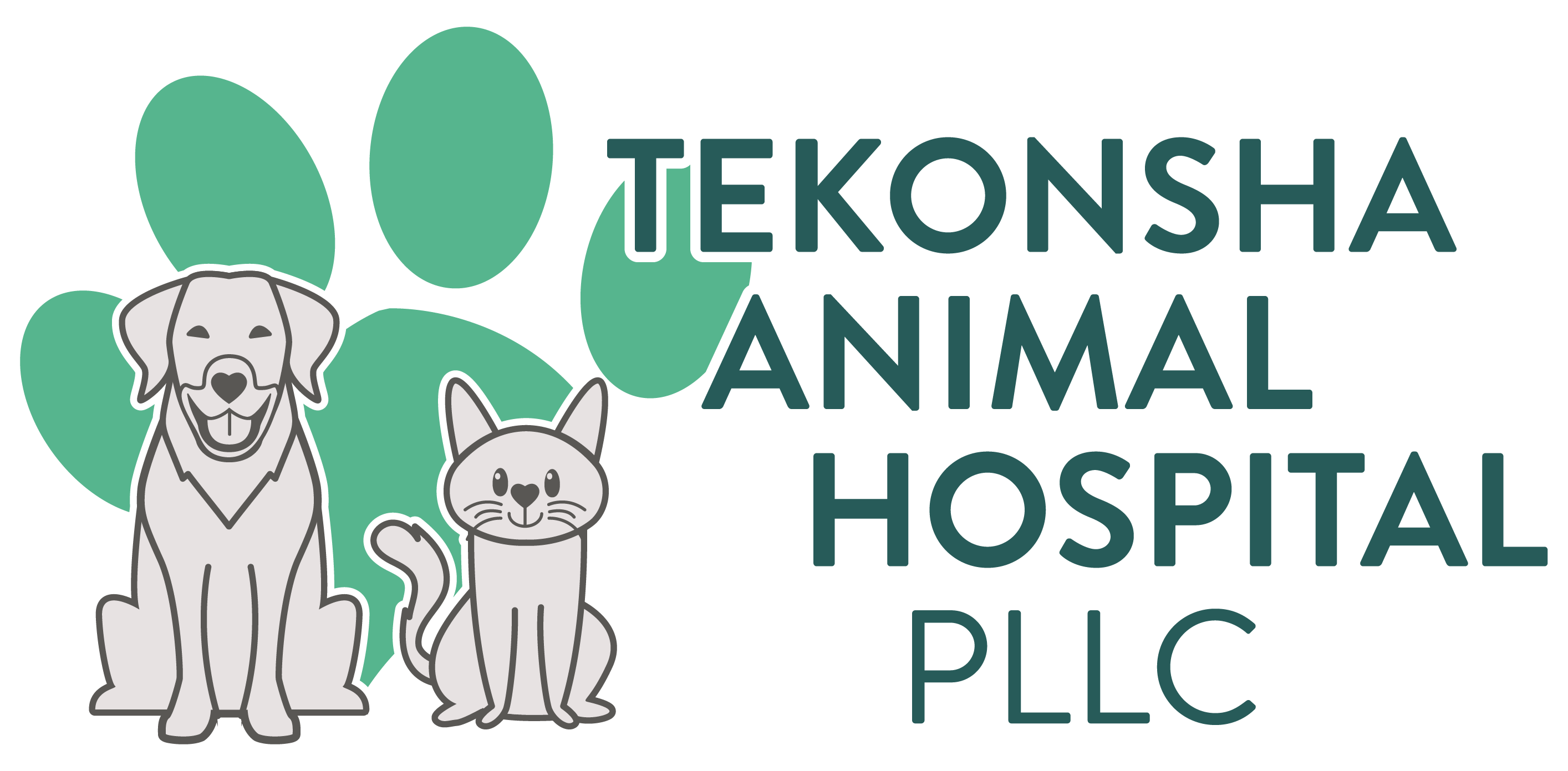With the recent news of a mutated virulent form of Corona Virus in people– what do we know about the risks to our canine companions?
Well, Coronavirus like many viruses have many different types/forms/strains. There is a canine coronavirus (CCoV) and this virus has many strains that can be carried by our canine companions and is NOT spread by people. The two most common forms are Canine enteric coronavirus (CECoV), those found in the intestinal tract, and canine respiratory coronavirus (CRCoV) which is associated with the canine infectious respiratory disease complex that has the potential for infection with one or more of several viral pathogens.
Strains of the CECoV have been found in healthy dogs and also some dogs with diarrhea. Some studies have shown that dogs in kenneled situations may be more likely to have CECoV found when tested than household dogs. CECoV is shed in the stool of infected dogs and if other dogs ingest the infected stool – the virus is transmitted. Infection with other viruses, like Parvovirus, has been documented and can worsen symptoms. Symptoms can include vomiting, anorexia, diarrhea (sometimes bloody/hemorrhagic) and less often a fever. Many patients have minimal clinical signs unless young or have concurrent infections which typically results in worsening of symptoms.
In order to diagnose CECoV fecal material is sent to outside of the hospital laboratories for advanced testing with PCR and/or electron microscopy. In the hospital, bloodwork can be performed to help guide therapy and give suggestion of a viral infection. There is not a test that can be performed in hospital with results the same day to diagnose CECoV, unlike the canine parvovirus where there is a fecal test available for same day results.
Canine infectious respiratory disease (CIRD) is a term describing sudden infection involving the upper respiratory tract of dogs and there are many bacterial and viral pathogens included in this description, including CRCoV. The frequency of finding certain pathogens when testing varies depending on the location/area. It is important to note that healthy dogs can harbor and test positive for many pathogens in this complex and not show any clinical signs. Many of the CIRD pathogens, including canine respiratory corona virus are transmitted by inhalation of respiratory secretions (coughing/sneezing), direct dog to dog contact and through contaminated materials. Symptoms depend on the organism(s) causing the the infection and can range from cough, sneeze, eye or nose discharge to fever, anorexia and lethargy.
Much like the CECoV, there is not a single test that can be performed in the hospital to confirm infection with any of the organisms included in the CIRD. Bloodwork and chest radiographs (x-rays) guide treatment the day of presumptive diagnosis and further testing if necessary by submitting swabs from the eyes/throat/nose to be sent off to an outside laboratory for PCR testing to diagnose. Since clinical signs are typically mild and short lived treatment is initiated as supportive care is the main stay treatment while the body heals unless severe signs warrant further testing to help guide treatment.
Although corona viruses are known to have a high mutation rate and new stains can develop, as of now, the risk of and prevalence of canine corona virus has not increased like the new mutated strain affecting people as we have heard on the news. As always, making sure our canine companions are up to date on vaccines and receive heartworm, intestinal parasite and flea/tick prevention to prevent very common diseases remains key as we all work together to ensure our beloved companions remain healthy and happy! If there are concerns about your pet showing changes in behavior or developing GI or respiratory symptoms please contact your veterinary hospital.

